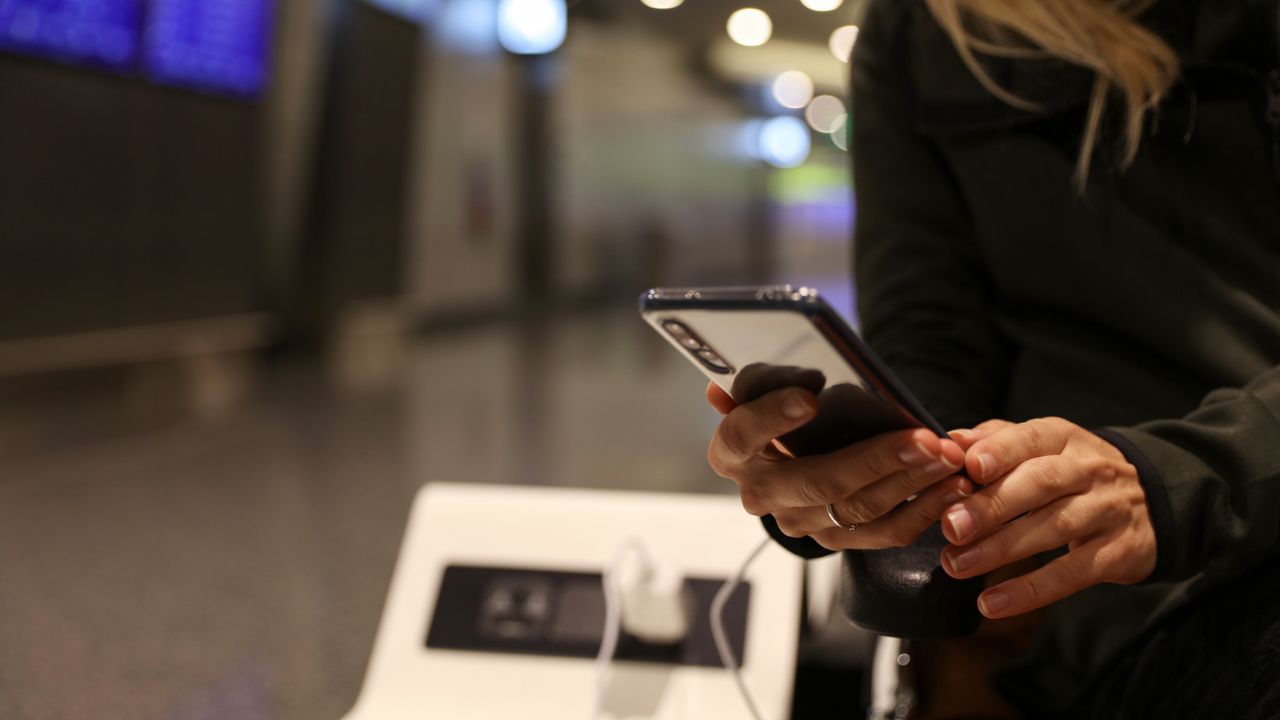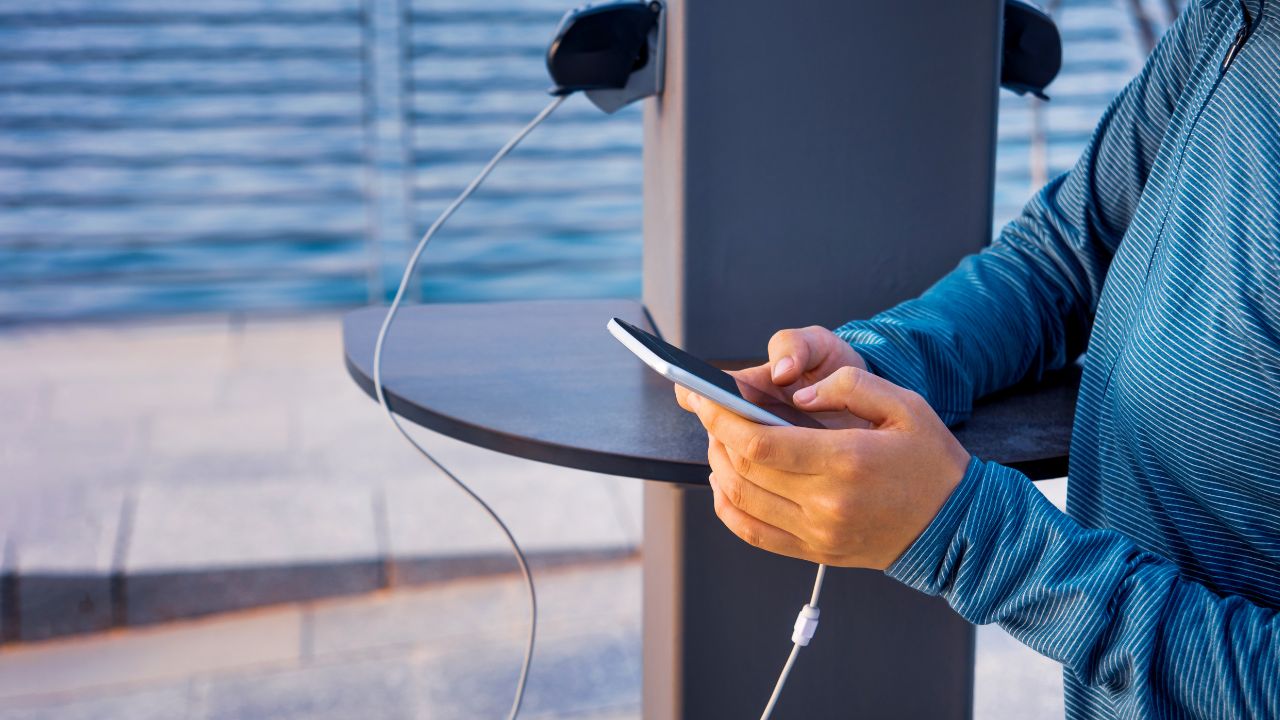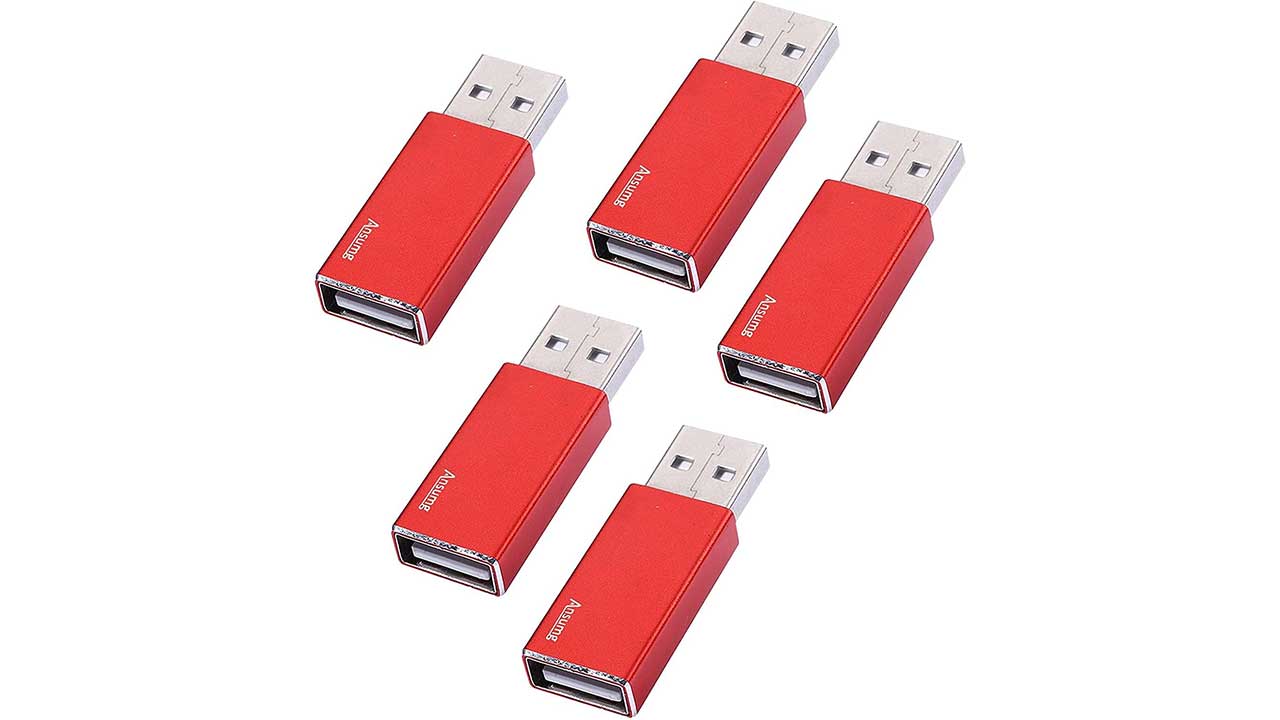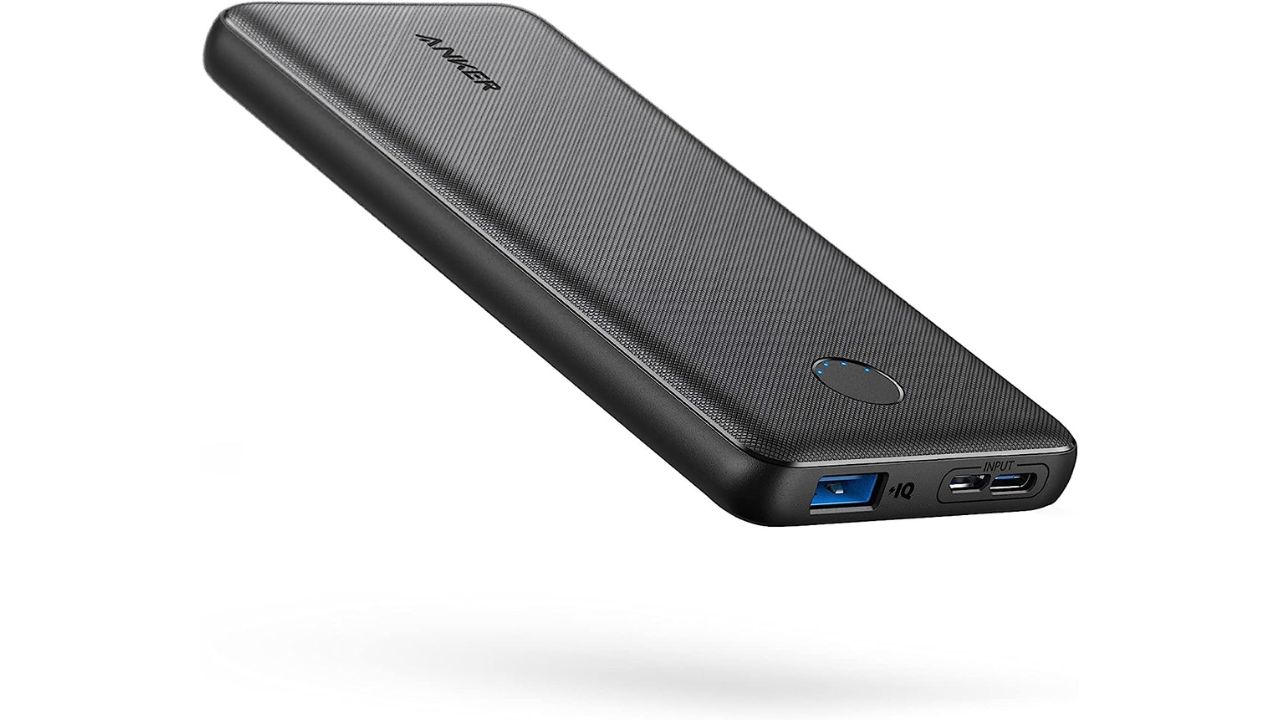The FBI in Denver has put out a warning for smartphone users to avoid using public charging stations when possible. This is because cybercriminals have been using a method called juice jacking to hijack public chargers and infect the devices with malware that can give hackers access to your phone, tablet, or computer.
Here’s what we know.

Table of Contents:
What is juice jacking?
Juice jacking is a way of compromising devices like smartphones and tablets, which use the same cable for charging and data transfer, typically a USB cable. Hackers will infect charging stations that are open to the public so that anytime a person plugs their phone into the station via a USB cable, the hacker can infect that USB cable while it’s plugged into your device and steal all your device’s data.
What if I have to charge my phone in public?
You should try your best to avoid using these public charging stations. However, sometimes we need to charge our devices and can’t wait until we’re in a private location to do so. That’s why you can and should prepare beforehand in case you need to charge your device. Here are some ways you can avoid those public charging stations.

Here are my recommendations to prevent such threats.
Get a secure charging USB adapter
Using a secure charging USB adapter can block two-way data transfers and stop the threat of:
Juice jacking: This is a type of cyber attack that involves stealing sensitive data from a mobile device by compromising the USB charging port.
Malicious viruses: Refers to harmful software programs designed to disrupt, damage, or gain unauthorized access to a computer system or network.
Trojans: A type of malicious software that appears to be legitimate but actually contains hidden malicious code that can cause damage to the computer system, steal sensitive information, or grant unauthorized access to the victim’s device.
Malware: Refers to any type of software intentionally designed to cause harm to computer systems, networks, or devices, including viruses, trojans, worms, and ransomware.
USB Data Blocker
I recommend using this USB Data Blocker. This secure charging USB adapter can charge your mobile devices in public without any risk of a data breach or uploading viruses, or information leakage. It can charge up to 2.4 AMPS and it is compatible with Apple, Samsung, and almost all USB devices. At the time of publishing, this device had over 93 global ratings on Amazon with 64% giving it 5 stars.
MORE: DON’T FALL FOR THESE FAKE, MALWARE-PRODUCING CHATGPT SITES, APPS
Use a portable battery
Having a portable battery charger for your smartphone will prevent you from having to plug your phone into a wall in a public place while still chasing your smartphone efficiently should you need to do so. One of my favorite portable chargers out there is the Anker Portable Power Bank with USB-C. It’s one of the slimmest and lightest portable chargers in the game and works with most smartphones. At the time of publishing, this product had over 81,000 global reviews on Amazon with 76% giving it 5 stars.
Get Anker Portable Power Bank with USB-C
Please note you will need to use a USB C cable which the above charger does not come with.
Get the Universal 3-in-1 charger cable
MORE: 5 BEST PORTABLE PHONE CHARGERS OF 2023
Use antivirus protection
You should always be using strong antivirus protection on all devices to help block intrusions from hackers. My #1 recommendation for antivirus protection will always be TotalAV, and right now you can get a limited-time deal for CyberGuy readers: $19 your first year (80% off) for TotalAV Antivirus Pro package.
Read my review of Best Antivirus Protection software here.
Having antivirus protection on your device will help to prevent, detect, and remove any malware. It’s the best layer of protection between you and the malicious attacks that target all of our devices.
Have you ever charged your phone at a public kiosk? Did you notice any issues with your phone afterward? Let us know.
Related:




